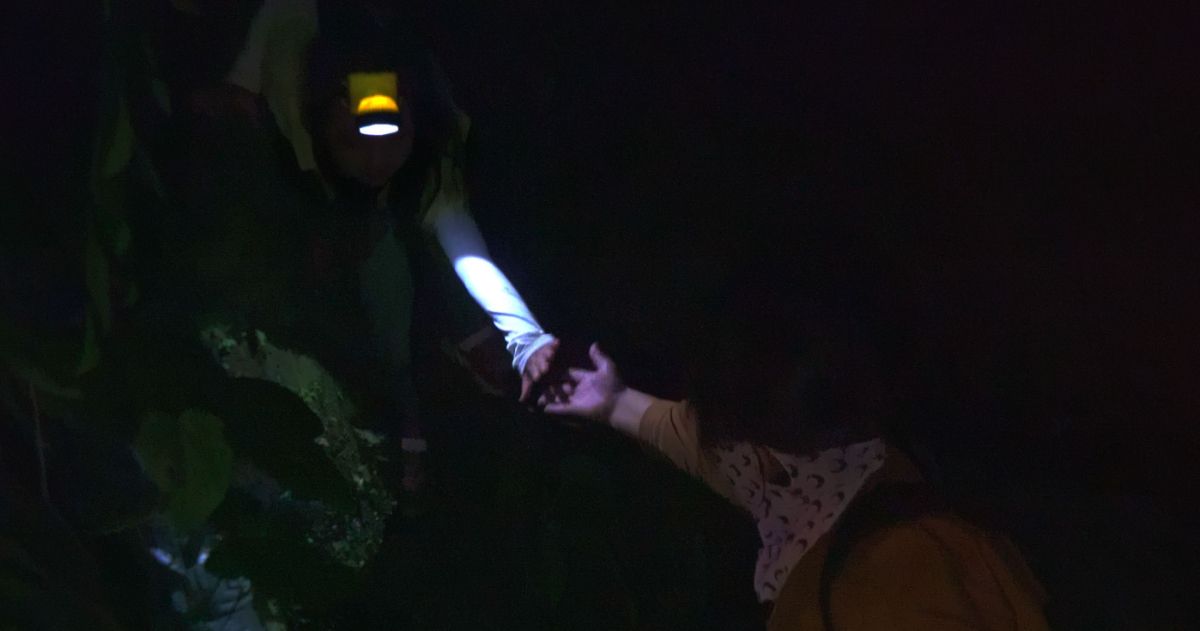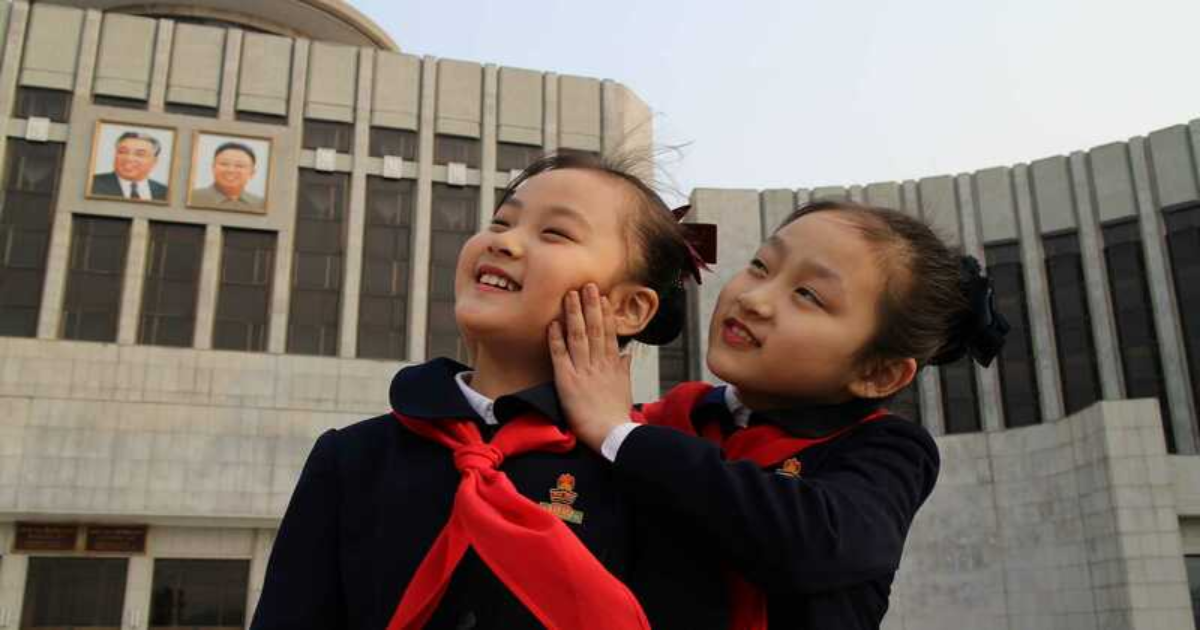Among the numerous new films that premiered at this year's Sundance Film Festival, one in particular caused a stir that people likely did not expect. A new documentary film directed by Madeleine Gavin titled Beyond Utopia gives a new, chilling look via illegally smuggled footage at the ever-decadent conditions inside the totalitarian dictatorship of North Korea. Not only that, but the film personally approaches various defectors from North Korea, including five members of the Roh family who were supposedly the last known natives to have escaped the country just before it closed its borders to China in 2020 during the pandemic.
The film premiered to the world on January 21st at the 2023 Sundance Film Festival, which is currently going on until January 29th. When the film first appeared on the official festival website, it was listed with the slightly more vague synopsis of a look at “various individuals as they attempt to flee one of the most oppressive places on Earth". While North Korea is quite well-known today thanks to its years of dramatic, speculative media coverage as certainly one of the world's most oppressive places, and could be a first guess for some, the omission of North Korea as the country in question from the listing's description was still notable. It turns out, according to sources that spoke to IndieWire, that the festival in fact refused to name North Korea in the film's tagline, for security reasons. Festival heads feared potential security threats from North Korea itself, ever since the 2014 satire The Interview, which both mocks and murders leader Kim Jong Un in the film, caused a studio-wide hacking attack at Sony.
Fortunately, nothing of the sort happened this time around, and "North Korea" was added back to the film's description upon its premiere last week. One of the producers of Beyond Utopia, a former CIA officer, North Korea expert and defector activist Sue Mi Terry, claimed that the reason this film didn't present a threat to the reclusive country or its dynastic dictator, was that documentaries that demonstrate the oppressive strength of his rule don't bother Kim Jong Un.
“He has no problem with it because it makes him look powerful...The Sony hack was a truly unusual one-off because of the nature of it. It was a huge movie in which they literally blew up Kim Jong-un. It was a very personal and humiliating to him. I’m not worried about this documentary.”
The Roh family, who braved the impossibly dangerous journey to escape North Korea and participating in the making of the film, joined director Gavin on stage at the festival for a truly emotional reunion. Gavin noted that the film was the first one the Roh family had ever watched in a theater, as such activities don't exist in North Korea, and any film of any kind not officiated by North Korean state media was and still remains forbidden.
The Conflicted Lens of North Korean Documentaries
Various documentary films and mini docu-series about life in North Korea have trickled out over the past decade or so. An overwhelming majority of them, while eye-opening to a degree, prove futile in uncovering the darkest secrets of the country's government and the barbaric treatment and brainwashing of its citizens. Those who manage to bring a camera into the Hermit Kingdom are often suppressed in what they're allowed to see as foreigners, much less film. Government "eyes" follow and dictate every location permitted for travel, and often sequester tourists to select areas in the propaganda capital of Pyongyang. With its clean streets, noticeably empty roads and buildings and overt abundance of monuments glorifying Kim Jong Un and the state's anti-west propaganda, tourists often return home with little more insight than they came in with.
Nonetheless, some films have managed to stand out as notable accounts of the strange life in North Korea. One is Vitaly Masiky's Under the Sun (2015), which gives a behind-the-scenes account of how state propaganda is produced in North Korea. Another is The Mole (2020), which is the account of a man from Denmark who spends 10 years infiltrating the Korean Friendship Association (KFA), which culminates in a bizarre investment opportunity that leads all the way to Uganda.
Lastly, of course, Gavin's Beyond Utopia (2023) is likely the most vivid representation to date of North Korea behind the curtain and those who have defected, using smuggled footage that would otherwise lead to imprisonment or worse. As history turns onward, and the most secretive and desolate country in the world continues to hide itself and the truth of its cult-style pseudo-dynasty behind nuclear weapons and military parades, it's difficult to say how many more documentaries will be needed before perhaps one day the northern part of the Korean peninsula may finally experience freedom.


